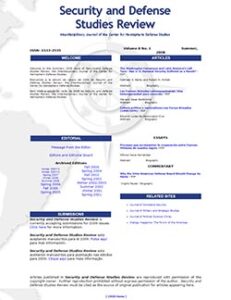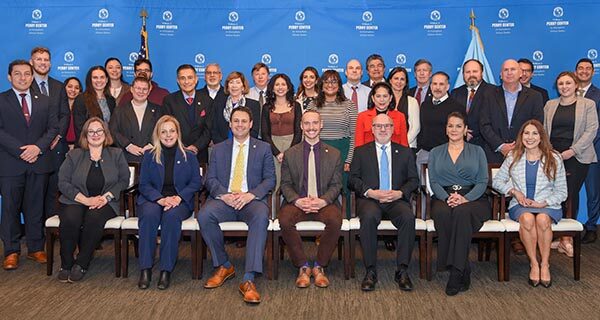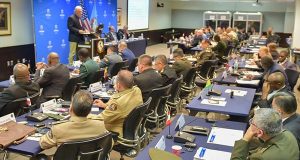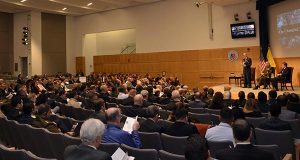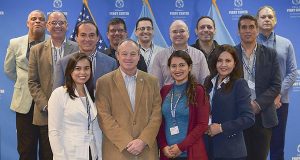After the Cold War, European countries, in both East and West, faced the same question, namely how their military organizations and those of their neighbors would respond to changes in international relationships, to their perceptions of the threats (whether regional or global) and to the control of security among nations. Faced with this new reality, their processes of change were inevitably influenced by a new conception of roles framed in cooperation and, even more so, in integration. These new demands made it imperative, in view of such processes, to obtain a degree of acceptable "interoperability" among their armed forces. In a regional context of differing alliances, our American region and specifically its armed forces has increasingly transitioned into specific activities of cooperation, particularly into integrating multinational forces for Peacekeeping Missions (e.g. MINUSTAH in Haiti), in which the "interoperability" factor has played an key role with regard to its employment and the degree of achievement of the mission. This article seeks to highlight, from an objective academic point of view, the importance of such capacities in an atmosphere of cooperation and integration among armed forces.
